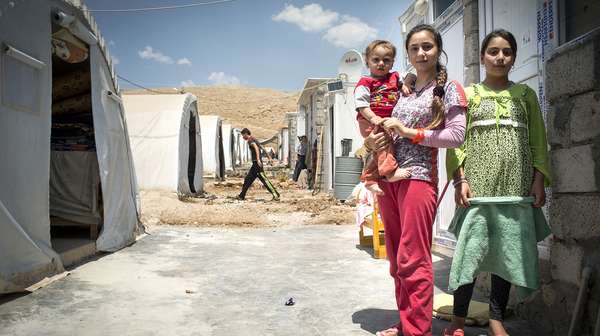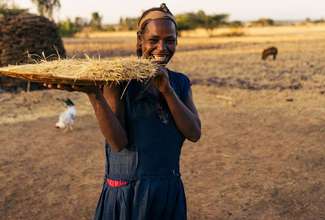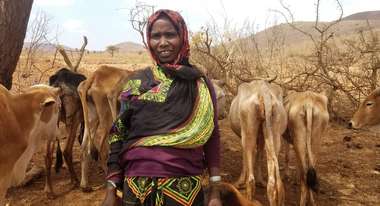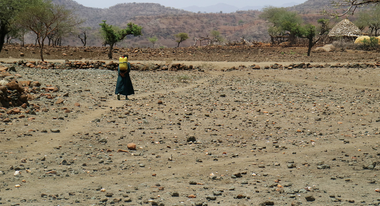Welthungerhilfe (WHH) follows a dual approach in fighting hunger and malnutrition in regions affected by crises: linking immediate relief in emergency situations and long-term development programs for sustainable change.
The Grand Bargain: Turning the Promise into Action
A panel discussion in Addis Ababa promoted the localization of humanitarian aid in Ethiopia. The high-profile participants were from government, donor groups and international non-governmental organizations as well as local civil society organizations.
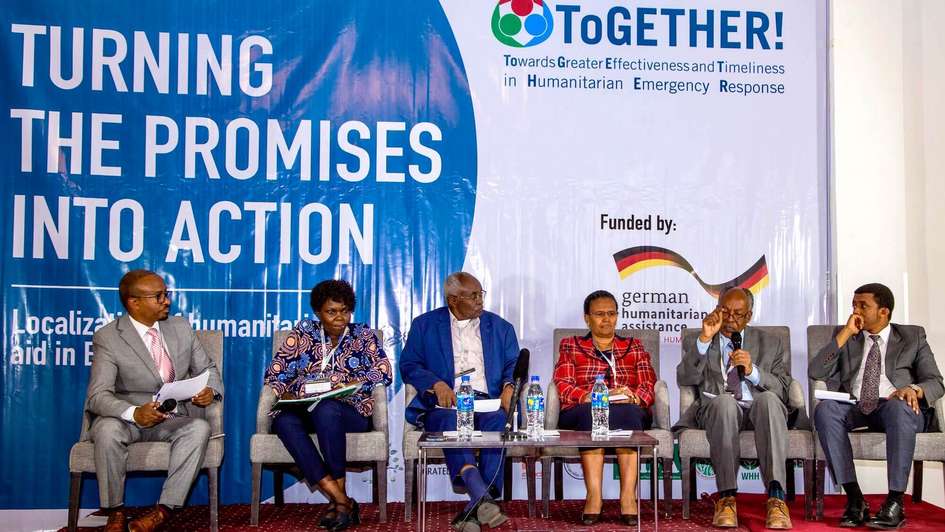
It is now six years since 34 signatories endorsed the Grand Bargain commitment. The agreement between large donors and humanitarian organizations intended to get more means into the hands of people in need to improve the effectiveness and efficiency of humanitarian action. Expressly, the commitment was ‘’To achieve by 2020 a global, aggregated target of at least 25% of humanitarian funding to local and national responders as directly as possible to improve outcomes for affected people and reduce transactional costs.’’
Localization central to the discussion
The panelists discussed many factors that hinder the achievement of this commitment. According to them, a major barrier is the limited participation of local and national humanitarian actors in decision-making processes that allocate resources. This difficulty in accessing direct and adequate funds severely affects the effective and timely response of local and national humanitarian actors. Lack of access to direct and adequate funds prevents local actors from providing a timely and effective humanitarian response. Another underlying factor hindering the achievement of the commitment the panelists mentioned was the reluctance of international non-governmental organizations (INGOs) to ensure the institutional sustainability of local and national humanitarian actors.
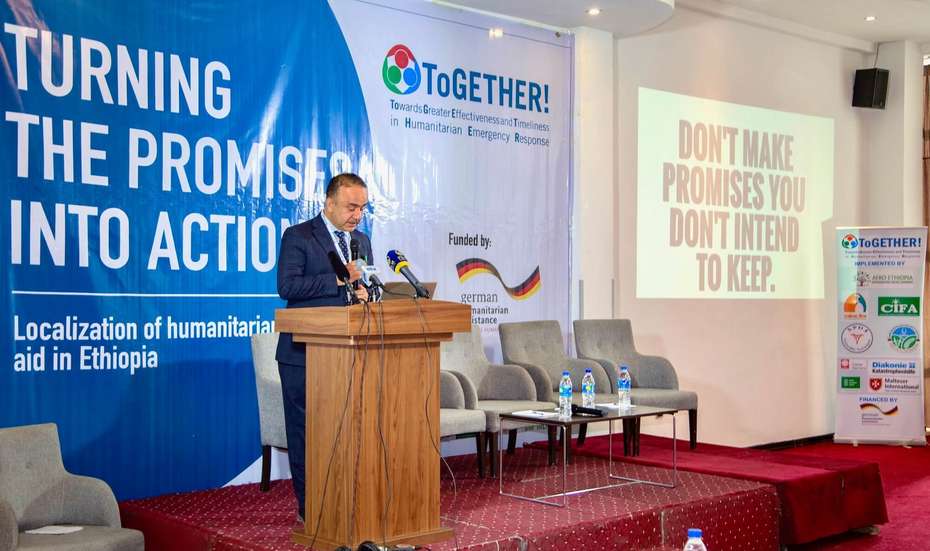
Solutions on the table
The panelists then turned their attention to solutions. To enable the localization of humanitarian aid in Ethiopia, they deemed it critical to enhance the participation of local and national humanitarian actors in the decision-making, resource allocation and agenda-setting in Ethiopia’s humanitarian architecture. Furthermore, panelists suggested whether large donors are allocating sufficient funding for institutional capacity building of local and national humanitarian actors should be given due attention.
The high-level panel discussion served as a platform to promote transformative humanitarian aid localization in Ethiopia and discuss challenges and prospects for promoting a transformative humanitarian aid localization agenda in the country.





